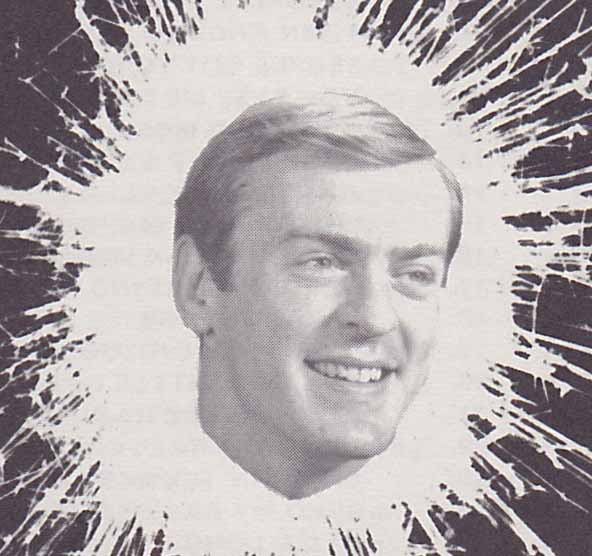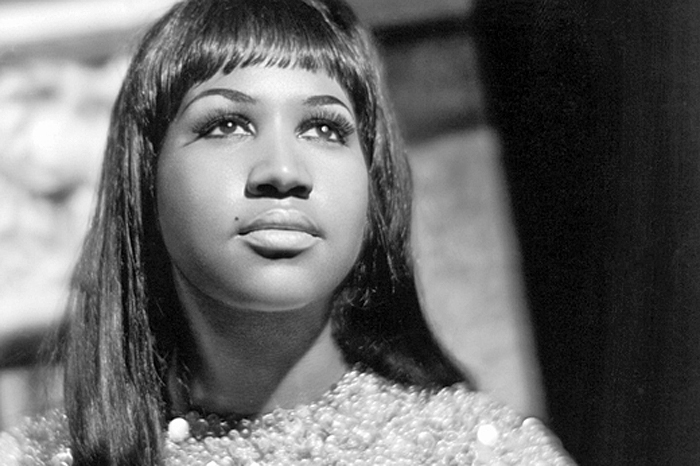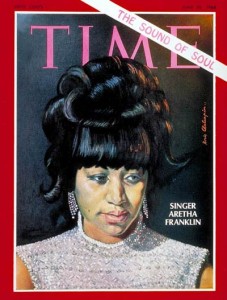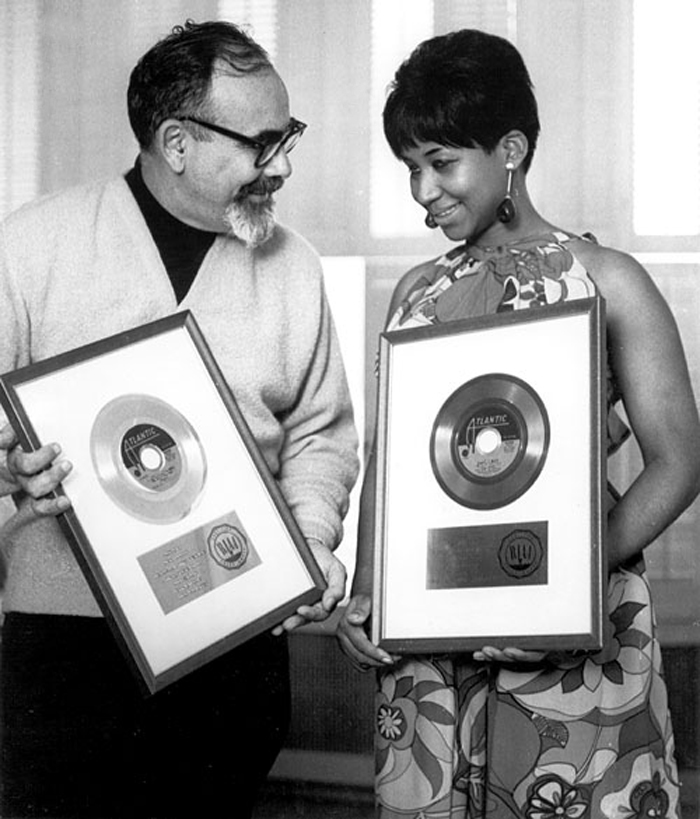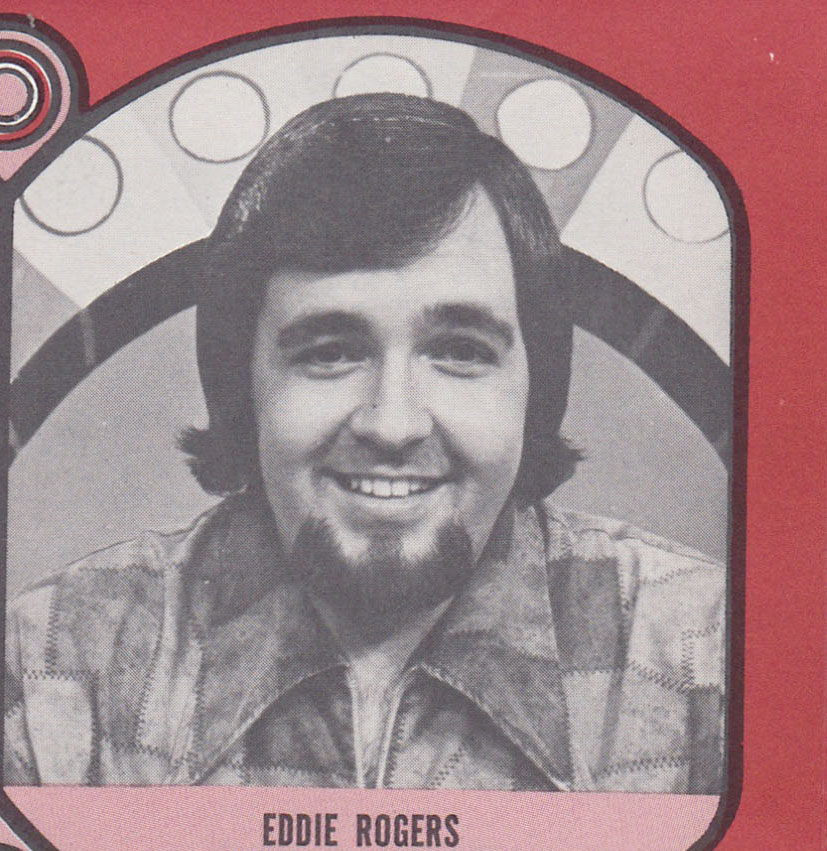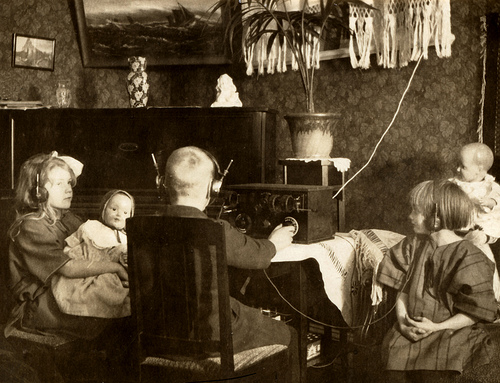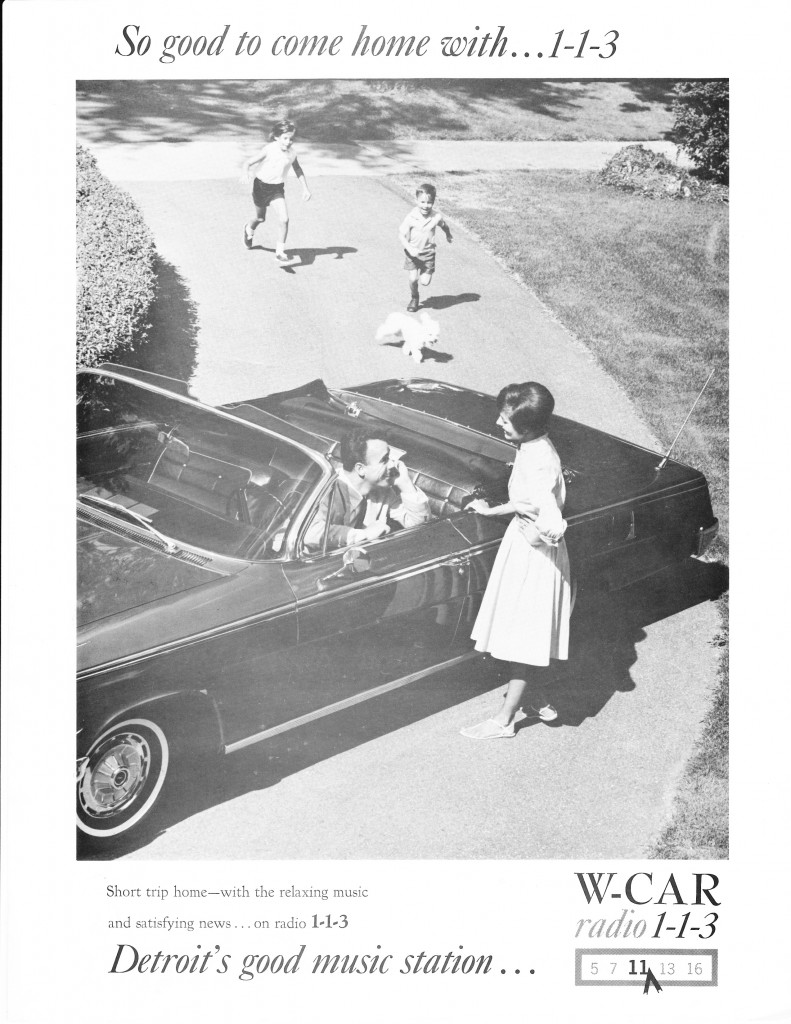 From the MCRFB vinyl archives:
From the MCRFB vinyl archives:
CRUISIN’ 1956 Increase Records (1970)
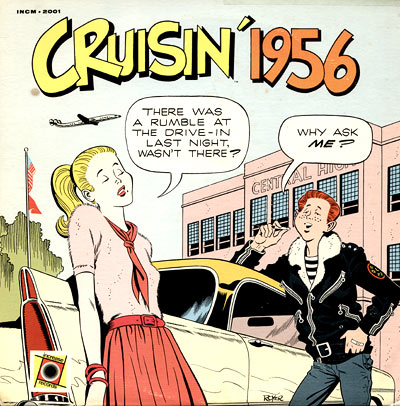
ORIGINAL LP COVER NOTES
By Jerry Hopkins
The CRUISIN’ history of rock and roll radio begins in 1956, one of the most exciting years in “pop” history, and to take us down this memory lane (with a beat) is Robin Seymour of WKMH, which was, when he joined it, a little-known station In Dearborn, Michigan. Robin came to the suburban Detroit station from the Armed Forces Radio Network and he brought with him a voice that mixed the warm, confidential tone of an intimate friend with the slick disc jockey rap we all know today, a blend which made him a natural for housewives and teenagers alike.
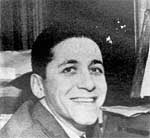
Robin never had any particular ethnic identification or allegiance but the “Bobbin’ with Robin Show” quickly found its audience, as he constructed a bright, orderly program that featured (almost exclusively) the records listed on the sales charts printed by the music press. He also was among the first of the nation’s deejays to ask his listeners what they thought about new records, and hosted some of the earliest sock hops and commercial tie-ins with local record stores. In 1953 he was named “Disc Jockey of the Year” by Billboard, the music trade magazine. The following year he was given the same title by another publication, Hit Parader.
1956: President Eisenhower underwent an operation to relieve blockage of the small intestine due to ileitis, but physicians said he would be physically fit to run for re-election. Scientists said radiation was a peril to the future of humanity, Egypt seized the Suez Canal and the United Nations established the first international police force on the Sinai Peninsula. The first trans-Atlantic telephone cable system went into effect. The Hungarians revolted. Six Marine recruits were marched into a stream at Parris Island and drowned. The Andrea Doria sank off the coast of Massachusetts. And Elvis Presley and the spread of rock and roll nearly pushed everything else in this list of news stories right out of the conversation.
This was the year Elvis recorded Heartbreak Hotel, Don’t Be Cruel, Hound Dog and perhaps half a dozen other million-selling songs . The first of these (Hotel) appeared in the number one position the end of April and that song or another by Elvis occupied the same lofty spot twenty-five of the year’s remaining thirty-six weeks.
1956 was the year “rock ‘n’ roll” became an angry epithet, blamed by psychiatrists and religious leaders (not to mention thousands of parents) for the rise in juvenile delinquency; some even said it was all a part of some Communist plot. Elvis and his pack of noisy imitators were called obscene and there were real riots at dozens of concerts. There were non-rockers on the record charts, to be sure, but it was Carl Perkins’ Blue Suede Shoes and Bill Haley’s Alligator that became a part of the New Culture, not Gogi Grant’s Wayward Wind and Morris Stoloff’s Picnic. The war babies had come to teen-age.
Most adults in ’56 thought it was a fad and that “it” would go away. Most radio listeners believed otherwise. There were a number of rock giants on the popular music charts in 1956 and many had made their abrupt and rhythmic appearances there after serving an apprenticeship in the ghetto called rhythm and blues.
That’s what 1956 was: the teen-age 1776. There’d been rumblings earlier, but this year all the lines were drawn.
— Jerry Hopkins
http://www.youtube.com/watch?v=g4D4Lf6z0HY

Recreating one of his old radio shows from 1956 is Robin Seymour, who then was with WKMH in Dearborn, Michigan. He had come to this suburban Detroit station from Armed Forces Radio and soon his warm, confidential tone had won him teenagers and housewives alike. His BOBBIN’ WITH ROBIN show was the reason BILLBOARD named him Disc Jockey of the Year in 1953, and HIT PARADER magazine did the same in 1954. Today he’s in television and concert promotion in Detroit. For this album, Robin Seymour was the first of the seven disc jockeys in the CRUISIN’ series selected as the best living representatives of Fifties and Sixties radio from seven top American radio cities.
(Cruisin’ LP series notes by producer Ron Jacobs, for Increase Records; 1970).
And today, a Robin Seymour video message from 2010 . . . .
![]()

